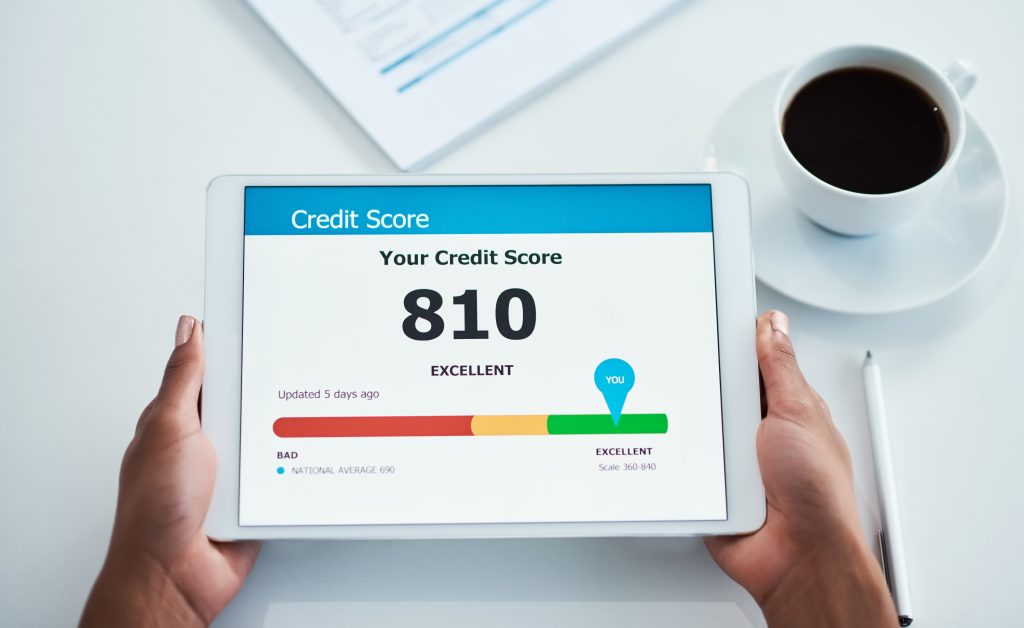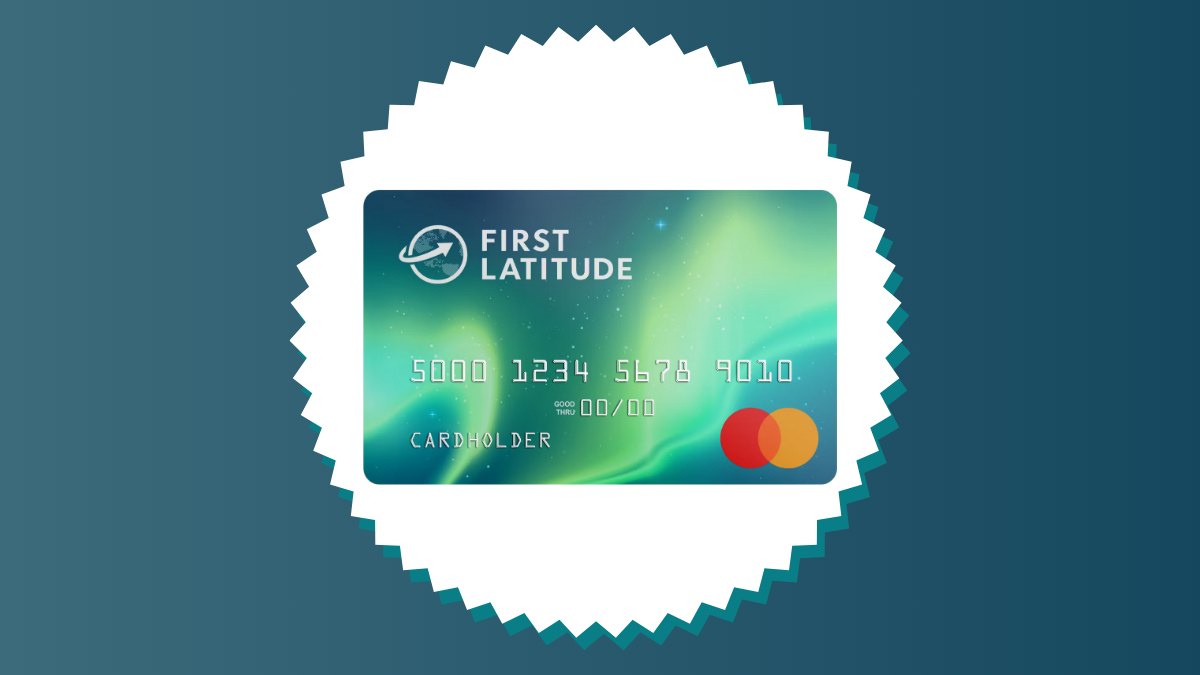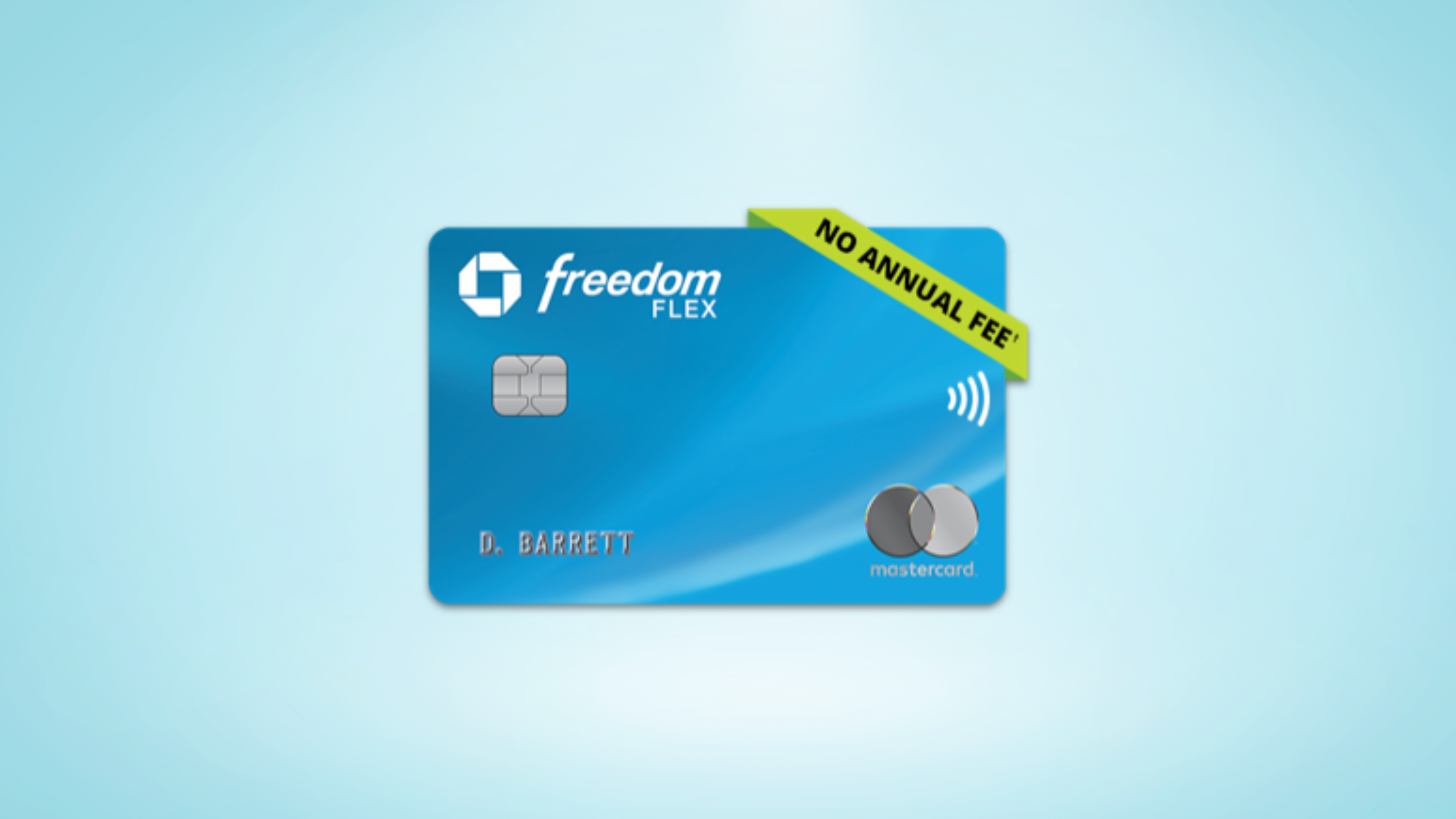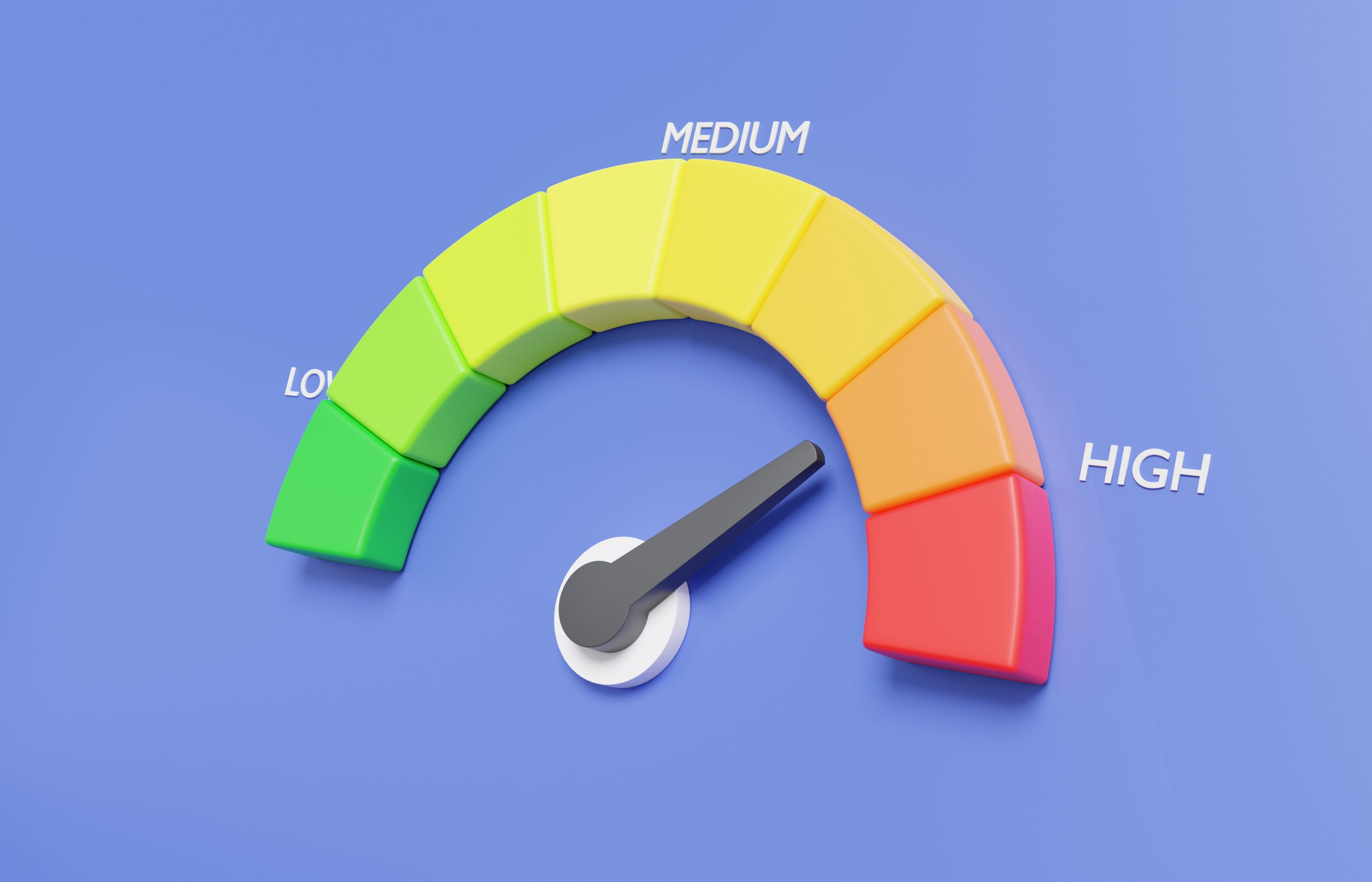Finances
How to get an 800 credit score? A complete guide
Learn the steps and habits you need to take to improve your credit score and enjoy the many benefits that come with it.
Advertisement
A good credit score for excellent options financing

A good credit score is crucial for accessing excellent financing options. With an 800 credit score, you can enjoy the most favorable terms and conditions available.

What is a good credit score to rent a house?
Are you ready to rent a new house and get one step closer to independence? Then keep reading and learn what the minimum credit score for that is!
Achieving such a high credit score requires a strategic approach to credit management. In this article, we will provide a complete guide on how to get an 800 credit score.
You will be redirected to another website
You’ll receive messages for less than 1 week, with a maximum of 1 message per day. You can unsubscribe anytime by replying STOP. By submitting this form, I confirm that I am 18+ years old and agree to the Privacy Policy and Terms and Conditions. I also provide my signature, giving express consent to receive informational messages via automated emails, SMS, MMS text messages, and other forms of communication. Message frequency may vary as part of our good-faith effort to respond to your inquiry. Message and data rates may apply. Text STOP to cancel. I understand that my consent to receive communications is not a condition of purchase and that I may revoke my consent at any time.
Advertisement
What Does It Mean to Have an 800 Credit Score?
A credit score is a three-digit number that reflects your creditworthiness.
It is calculated based on your credit history, including your payment history, credit utilization, length of credit history, and types of credit accounts.
An 800 credit score is considered excellent and places you among the top creditworthy consumers.
It means that you have demonstrated responsible credit behavior consistently over time.
With an 800 credit score, you will likely qualify for the most competitive interest rates and loan terms.
Benefits of an 800 Credit Score
An 800 credit score has several benefits that can significantly impact your financial life.
Achieving such an excellent credit score requires consistent, responsible credit behavior, but the rewards are worth it.
This section will discuss some of the benefits of an 800 credit score.
Understanding these benefits can motivate you to improve your credit score and take advantage of the opportunities that come with it.
Advertisement
Lower Interest Rates
An 800 credit score can translate into lower interest rates on loans, credit cards, and other credit products.
Lenders view borrowers with high credit scores as less risky and are willing to offer them lower rates to attract their business.
For example, with an 800 credit score, you may qualify for a mortgage with an interest rate of 3%, while someone with a 650 credit score may be offered a rate of 4.5%.
Higher Credit Limits

With an 800 credit score, you will likely receive higher credit limits on your credit cards.
Creditors are more willing to extend higher limits to consumers who have demonstrated responsible credit behavior over an extended period.
Higher credit limits provide you with greater flexibility in managing your finances and can also improve your credit utilization, which is a significant factor in credit calculations.
Advertisement
Faster Loan Approval
Having an 800 credit score can streamline the approval process if you need to apply for a loan.
Lenders typically process applications from borrowers with high credit scores more quickly than those with lower scores.
With a high credit score, you will also likely receive more favorable loan terms, such as lower interest rates, longer repayment periods, and lower fees.
Better Negotiating Power
When you have an 800 credit score, you have more negotiating power regarding credit products.
You can leverage your excellent credit score to negotiate better terms and conditions with lenders.
For example, you can request lower interest rates or higher credit limits on your credit cards.
Moreover, with good negotiating skills, you can save hundreds or even thousands of dollars over the life of your credit products.
More Access to Credit Products
Having an 800 credit score means you will likely be approved for almost any credit product you apply for.
Whether you need a mortgage, car loan, or credit card, lenders are more willing to work with you when you have a high credit score.
You can choose from a wide range of financing options and may even receive pre-approved offers from lenders.

750 credit score: what does it mean?
Want to increase your buying power, qualify for the best loans, and get access to more rewards? Having a 750 credit score is key. Read on and learn!
Step-to-Step to get an 800 credit score
Achieving an 800 credit score may seem daunting, but it is possible with consistent, responsible credit behavior. Here’s a step-by-step guide to help you get there:
Step 1: Check Your Credit Report
The first step in improving your credit score is to check your credit report.
You are entitled to one free credit report per year from each of the three major credit bureaus: Equifax, Experian, and TransUnion.
Review your report carefully to ensure that it is accurate and that there are no errors that could negatively impact your credit score.
Step 2: Pay Your Bills on Time
Paying your bills on time is one of the most crucial factors in improving your credit score.
Late payments can significantly negatively impact your credit score, so make sure to pay all your bills on or before their due dates.
Set up automatic payments or reminders to help you stay on top of your bills.
Step 3: Reduce Your Debt

High debt levels can hurt your credit score, so reduce your debt as much as possible.
Focus on paying down your credit card balances, as high credit card balances can negatively impact your credit utilization ratio.
Aim to keep your credit utilization below 30% of your available credit.
Step 4: Diversify Your Credit Accounts
Having a mix of different credit accounts can help improve your credit score. Consider adding a mix of credit products, such as a mortgage, car loan, and credit card.
However, only take on new credit when you can manage it responsibly.
Step 5: Monitor Your Credit Score
Monitoring your credit score regularly can help you track your progress and identify any errors or issues affecting your score.
Consider signing up for a credit monitoring service that regularly updates your credit score and alerts you to any changes or potential fraud.
How to Maintain an 800 Credit Score
Maintaining an 800 credit score requires responsible credit behavior, such as paying bills on time, keeping credit utilization low, limiting new credit applications, monitoring your report, and protecting your identity.
By consistently following these tips, you can keep your credit score high and continue to enjoy the benefits that come with it.
Remember that maintaining a good credit score is an ongoing process that requires discipline and responsible financial management.
Do you want to learn more about tips for improvement in your score? So, check out the article below.

5 best credit cards to build credit
If you're looking for the best way to start your credit, look no further than our list of the top credit cards to build credit score.
Trending Topics

Apply for the First Latitude Select Mastercard® Secured Credit Card
The First Latitude Select Mastercard® Secured Credit Card is a low maintenance option with a modest annual fee. Check out how to apply!
Keep Reading
Holiday budgeting: 10 best ways to save money
Holiday budgeting can help save a lot this holiday season. Check out these ten tips for slashing your holiday budget. Read on to learn more!
Keep Reading
Chase Freedom Flex℠ review: is it worth it?
Chase Freedom Flex℠ is outstanding when it comes to its benefits, like cash back and no annual fee. Check the review about it!
Keep ReadingYou may also like

How does credit work: A complete guide with answers
Learn the basics of how does credit work, how to read and understand your credit report, and practical tips for creating a manageable budget.
Keep Reading
First Progress Platinum Elite Mastercard® Secured Credit Card review
Ready to start improving your credit? The First Progress Platinum Elite Mastercard® Secured Credit Card is a good way to get started!
Keep Reading
High-yield savings vs. money market: find the best account for you
High-yield savings or money market? Find out the pros and cons and which account is best for saving your money. Keep reading!
Keep Reading